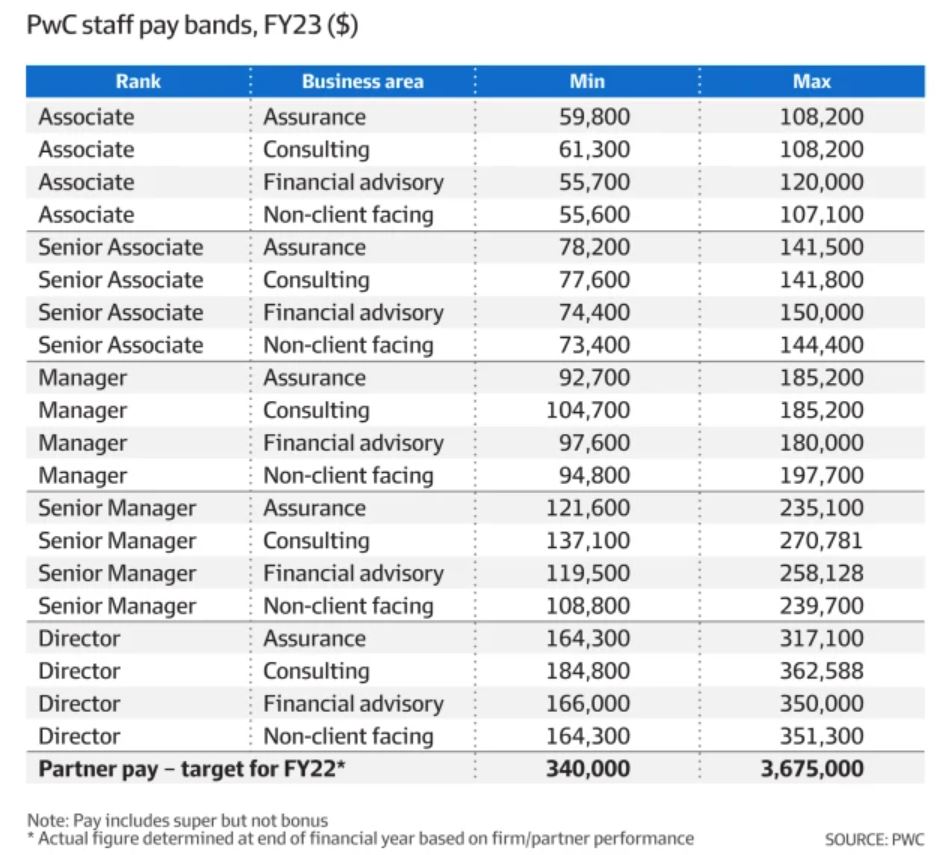
Financial advisors are there to help clients manage their money. Financial advisors can help people plan for retirement and save money for college. They can help people pay down debts and manage their credit. People will have less money for spending and more money for retirement. An advisor can help you create and implement a budget, and to save money for specific goals.
Investing component of a financial advisor's questionnaire
A financial advisor's questionnaire asks clients about their risk tolerance and investment preferences. These questions are meant to provide a complete picture of a client's financial situation. These questions may include questions like how long the client plans for working and how much they will save for retirement. They also ask about their long-term financial obligations or pensions. The questionnaire's investment component can be subjective but it allows the advisor to decide the right asset allocation.
When recommending investment options, financial advisors must act in the best interests of their clients. The questionnaire must be used to help clients determine the best investment options that meet their needs and tolerance for risk. Portfolios that are too high or too risky for investors can be created if the answers are not correct. This can negatively impact returns. Clients will see lower returns than clients with higher risk tolerance.
Asset allocation
Financial advisors are there to help people find the right mix of assets. This is achieved through recommending an asset distribution that suits your risk tolerance. Investing is a risky venture, so it is vital to have a strategy in place for managing the risk. A financial advisor can help determine the best asset allocation for you based on your risk tolerance and time horizon.

There is no one way to allocate assets. Each advisor will have a different approach. There are certain concepts that are essential to understand and follow. If a client has a long-term view, or is a risk taker, they may want to invest more in stocks and bonds.
Tax planning
A financial advisor will help you maximize your tax savings through investments. In addition to recommending investments, they can also provide advice on insurance and investment products. Tax planning is a very important part of financial advising, and can help you save thousands of dollars each year. To help clients better, financial planners may also use tax planning software.
Financial advisors who have tax experience are more likely find ways to lower your taxes. They will focus more on increasing your assets than decreasing them. Additionally, they might have a compensation plan that favors clients' growth.
Communication with a financial advisor
Communication is the first step in building a relationship. It is important to communicate clearly with your advisor. Your financial advisor should know what your financial goals are so that he or she can help develop strategies to meet them. Listen to the advisor and pay attention when he or her explains something to.
Using social media is also a great way to communicate with your advisor. Recent research shows that over half of investors who invest more than $25 million use Facebook to communicate their concerns with their advisors. Another 35% use Twitter in order to stay in touch.

Being paid as a financial adviser
When you choose to become a financial advisor, one of the most important things you'll need to determine is how you're going to be compensated. A percentage of your AUM may be given in bonuses and commissions. Or, you might get a flat fee. You will earn the most depending on what type of compensation you are offered.
Some advisors make money through commissions and by selling products. Some charge an hourly fee for meetings, while others bill a monthly retainer fee for ongoing services. If you're unsure of which method your advisor prefers, make sure you ask them.
FAQ
Is consulting a real job?
Consulting is more than a job that allows you to quickly make money.
Consulting offers various opportunities from project management, business development, strategy, training, and leadership roles. It is possible to work on projects that range from small start ups to large, international corporations.
Consulting gives you the chance to grow and develop your skills. This could include learning to manage teams and write proposals, manage finances, analyze data, create presentations and conduct market research.
What type of contracts are available to consultants?
When they are hired, most consultants sign standard employment contracts. These agreements define the terms of the agreement, including how long the consultant is expected to work for the client as well as what he/she should be paid.
Contracts may also include details about the specific areas of expertise that the consultant is going to be focusing on as well as how they will be compensated. One example is that the agreement may specify that the consultant provides training sessions and workshops, webinars, seminars, or other related services.
Sometimes the consultant will simply agree to complete a task within a certain timeframe.
Consultants often sign independent contractor contracts in addition to their standard employment agreements. These agreements allow the consultant to work independently but still receive payment for his/her efforts.
How do I choose a consultant?
Three main factors should be considered:
-
Experience - How skilled is the consultant? Is she an expert, beginner, intermediate or advanced consultant? Does her resume show that she has the necessary skills and knowledge?
-
Education - What did he/she learn in school? Did he/she continue to take relevant courses after graduation? Can we see evidence of that learning in the way s/he writes?
-
Personality: Do you like this person or not? Would we want him/her to work for us?
-
These questions are used to determine if the candidate is right for us. If there are no clear answers, then it might be worth an initial interview to learn more about the candidate.
How long does it take for a consultant to be established?
It depends on the industry and your background. Most people start with just a few months of work before finding employment.
However, some consultants spend several years honing their skills before finding work.
What is the difference of a consultant versus an advisor?
An advisor gives information on a topic. A consultant provides solutions to problems.
Consultants work directly for clients to help achieve their goals. Advisors advise clients indirectly via books, magazines, lectures and seminars, etc.
What tax do I have to pay on consulting income?
Yes. You will have to pay taxes on your consulting profits. The amount of your earnings per year will determine the tax payable.
If you are self employed, you can claim expenses in addition to your salary. This includes rent and childcare.
But you won't be able to deduct interest payments on loans, vehicle depreciation, or the cost of equipment.
You can only claim back 25% of your expenses if you earn less than PS10,000 a year.
However, even if your earnings exceed this threshold you may still be subject to tax depending on whether or not you are a contractor or an employee.
The tax system for employees is PAYE (pay-as-you earn), while VAT is applied to contractors.
Statistics
- My 10 years of experience and 6-step program have helped over 20 clients boost their sales by an average of 33% in 6 months. (consultingsuccess.com)
- On average, your program increases the sales team's performance by 33%. (consultingsuccess.com)
- WHY choose me: Why your ideal client should choose you (ex: 10 years of experience and 6-week program has helped over 20 clients boost their sales by an average of 33% in 6 months). (consultingsuccess.com)
- Over 62% of consultants were dissatisfied with their former jobs before starting their consulting business. (consultingsuccess.com)
- "From there, I told them my rates were going up 25%, this is the new hourly rate, and every single one of them said 'done, fine.' (nerdwallet.com)
External Links
How To
What Does A Typical Day For A Consultant Look Like?
Your work type will determine the length of your day. You'll spend your time researching new ideas and meeting clients.
You will often have meetings where you discuss issues and problems with clients. These meetings can be done over the phone or via email.
You may also be asked to prepare proposals, which are documents outlining your ideas and plans for clients. You'll need to discuss your proposals with a mentor, colleague, or friend before you present them.
After all the planning and preparation you will have to put your efforts into creating some content. For example, you could be writing articles, designing websites, creating videos, editing photos, or conducting interviews.
Based on the scope and complexity of the project you may need research to obtain relevant statistics. It may be necessary to know how many customers are currently using your products or services.
Once you have enough information, it is time to present your findings and conclusions to clients. Your findings may be delivered orally, or written.
After your initial consultation with clients, you need to keep in touch. For example, you might call them periodically to see how things are going or send emails asking them to confirm that they received your proposal.
While this can be a slow process, it's essential to remain focused and maintain good working relationships with clients.